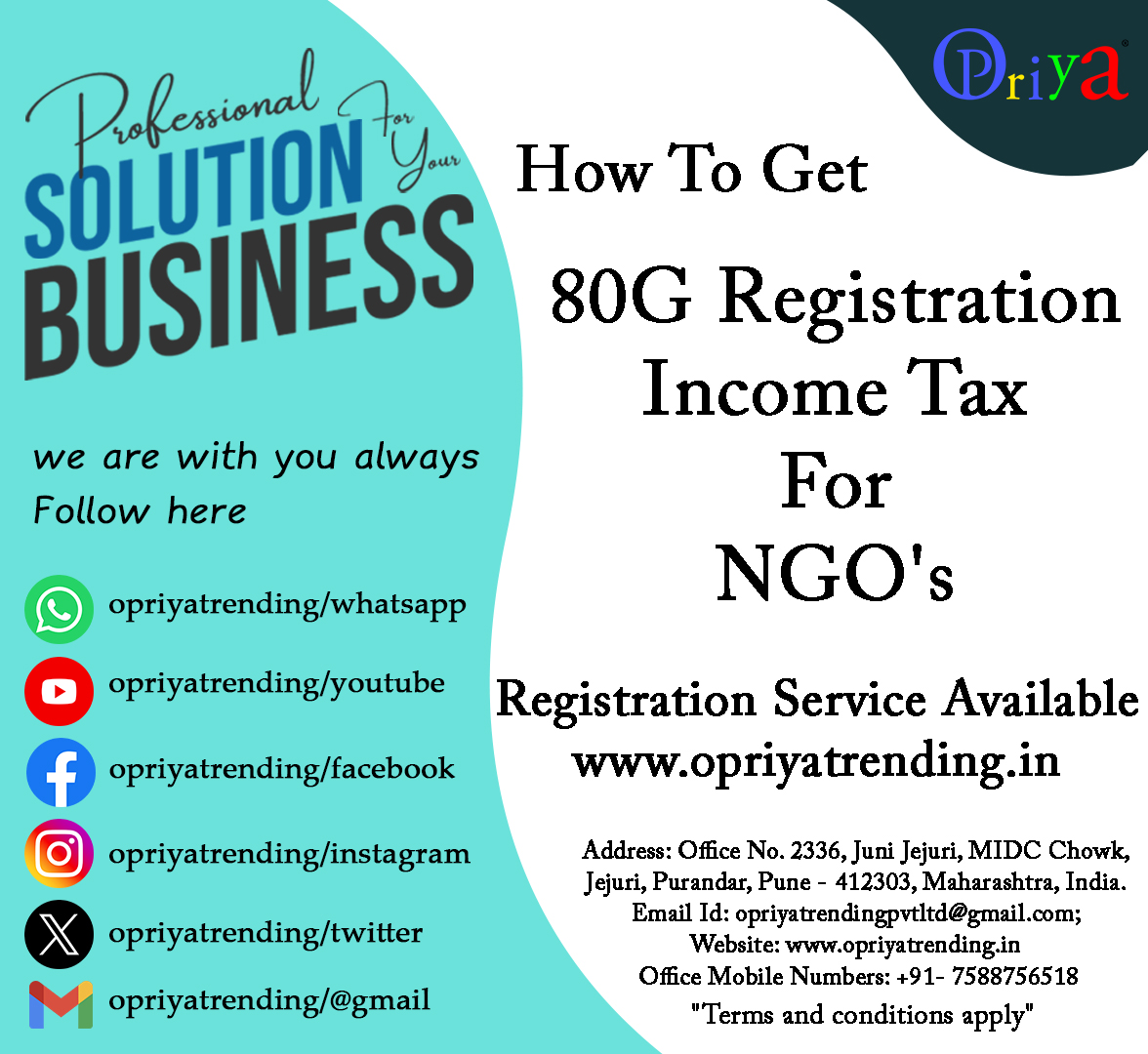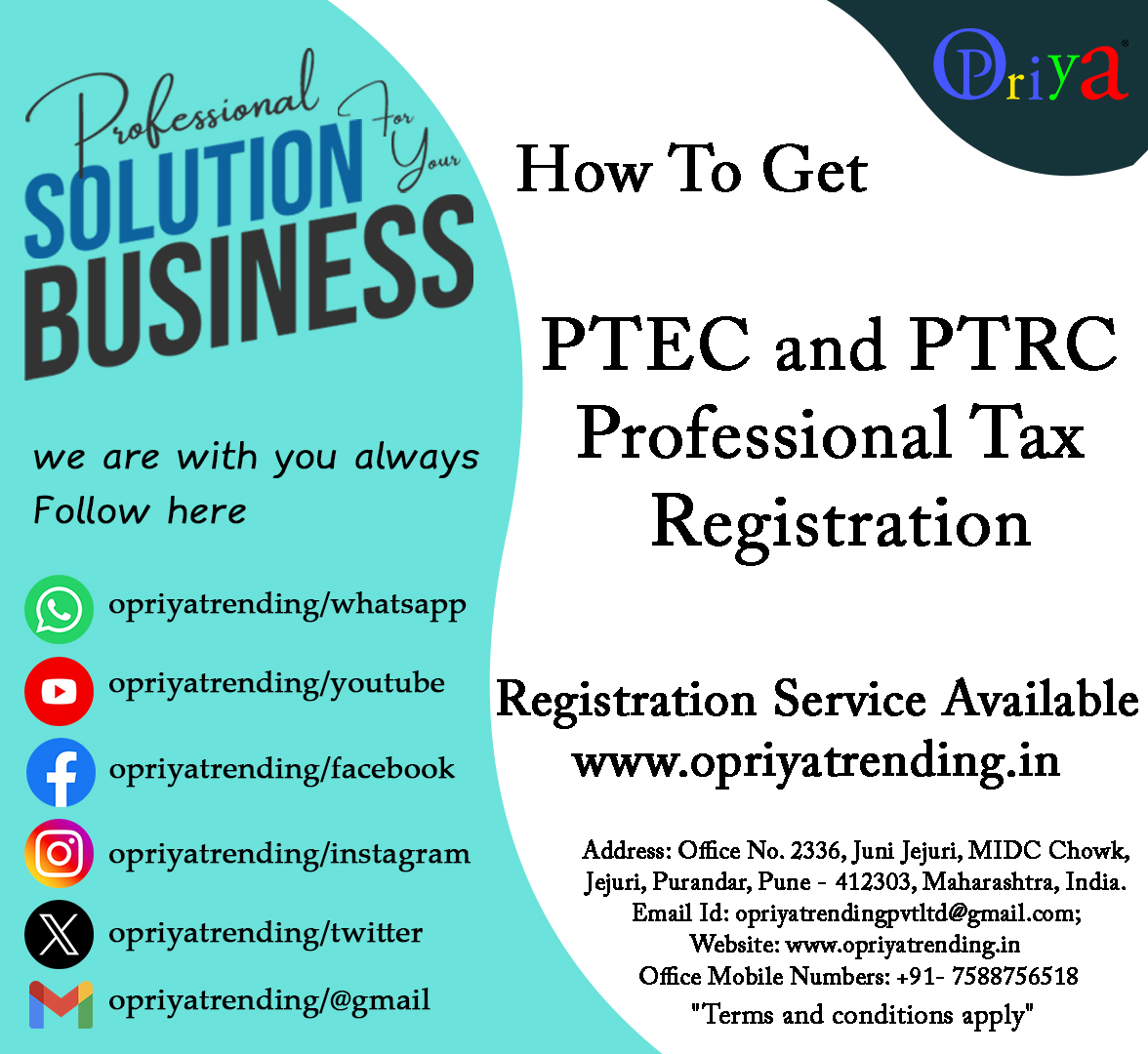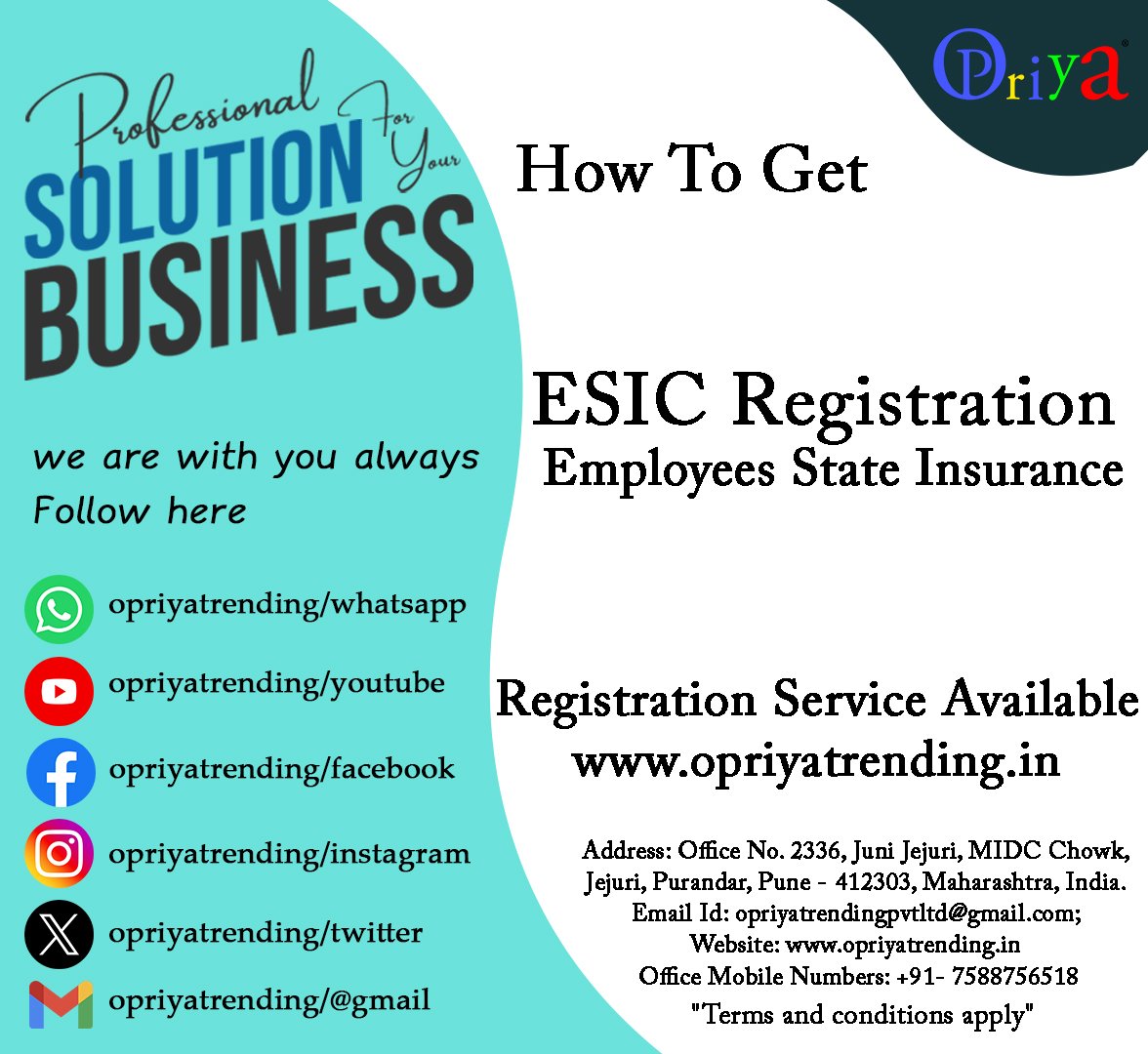PF Registration in India
Table of Contents
1. PF Registration in India – Introduction
PF Registration in India is a critical compliance step for businesses operating with 20 or more employees. The Employees’ Provident Fund (EPF), governed by the Employees’ Provident Fund and Miscellaneous Provisions Act, 1952, is a social security scheme initiated by the Government of India. The main objective of PF Registration in India is to ensure financial security and retirement benefits for employees through regular savings.
The EPF scheme is administered by the Employees’ Provident Fund Organisation (EPFO), which regulates the contributions and returns associated with the fund. PF Registration in India is not just a legal obligation—it also enhances employee trust, provides tax benefits, and improves your organisation’s credibility. When businesses prioritize compliance, they demonstrate responsibility, boost workforce morale, and avoid hefty penalties.
With PF Registration in India, both employer and employee contribute 12% of the employee’s basic salary and dearness allowance toward the fund. This fund grows with interest and serves as a retirement corpus for employees. The funds are also accessible in cases of medical emergencies, education, or home purchase, offering critical financial support during life’s milestones.
O’Priya Trading Pvt Ltd helps simplify this compliance journey. We offer tailored services for PF Registration in India, ensuring that every step—from documentation to post-registration assistance—is handled with care. In 2025, compliance requirements are becoming stricter. Therefore, choosing the right partner for PF Registration in India is essential.
Whether you are a startup, SME, or established enterprise, we invite you to Apply with Full Confidence 2025. With expert guidance, dedicated support, and complete transparency, O’Priya Trading Pvt Ltd ensures you never miss a compliance deadline again.
2. Types of Licenses Offered
Though PF Registration in India itself is a single mandatory registration for eligible employers, it has multiple related compliance segments:
- PF Employer Registration
This is required for any business employing 20 or more employees. Voluntary registration is also available for firms with fewer employees. - Voluntary Registration for Establishments
Even if your business does not have 20 employees, you can opt for PF registration to provide benefits to workers and improve retention. - Exempted Establishments
Certain establishments can apply for exemption from PF under special circumstances (e.g., having a separate provident fund with equal or better benefits). - PF UAN (Universal Account Number)
This is issued for employees and linked to the employer’s PF account. It remains constant even if the employee changes jobs. - Pension Scheme Registration (EPS)
Alongside PF, the Employee Pension Scheme (EPS) is mandatory and offers long-term pension benefits.
Each type is part of the larger PF Registration in India process, and understanding them ensures better compliance and employee satisfaction.
3. Who Needs These Services?
PF Registration in India is crucial for the following entities:
- Startups hiring beyond 20 employees
- SMEs looking to comply with EPFO norms
- Manufacturing units and service providers with a growing workforce
- Educational Institutions, NGOs, IT companies, logistics firms, etc.
- Voluntary employers wanting to extend benefits to staff
For example, an IT startup in Pune with 23 developers, designers, and HR professionals needs PF Registration in India to comply with laws and attract top talent. Similarly, an NGO with 15 permanent staff can opt for voluntary registration to demonstrate ethical employment practices.
With increasing enforcement in 2025, non-compliance can result in penalties up to ₹5,000 per employee. Thus, whether mandatory or voluntary, PF Registration in India is essential for business credibility.
4. Why Choose O’Priya Trading Pvt Ltd as Your PF Registration Service Provider?
When it comes to PF Registration in India, partnering with the right compliance expert makes all the difference. Here’s why thousands of businesses trust O’Priya Trading Pvt Ltd:
- ✅ End-to-End Assistance – From paperwork to portal filing, we handle the entire PF Registration process.
- ✅ Expertise in Labour Laws – Our in-house legal team ensures every formality complies with the latest 2025 regulations.
- ✅ Quick Turnaround Time – Get your PF Registration Certificate within 5–7 working days.
- ✅ Transparent Pricing – No hidden charges. No surprises. 100% upfront fee disclosure.
- ✅ Dedicated Relationship Manager – One point of contact to solve all your PF-related queries.
- ✅ Online Convenience – Submit documents via WhatsApp or email. Track progress from your phone.
O’Priya Trading Pvt Ltd offers a blend of speed, precision, and affordability for PF Registration in India. Whether you’re registering for the first time or updating existing records, we ensure the process is effortless.
Apply with Full Confidence 2025 and let our experts take care of your statutory needs while you focus on growing your business.
5. PF Registration in India – Step-by-Step Process
The PF Registration in India process is digital and streamlined via the EPFO portal. Here’s how it works:
Step 1: Employer Signup on EPFO Portal
Visit the EPFO website, and click on “Establishment Registration.” Use your DSC (Digital Signature Certificate) to sign up.
Step 2: Fill in Employer Details
Submit PAN, name of establishment, address, email, and mobile number. Choose the type of business and legal status.
Step 3: DSC Registration
Register the DSC of the authorized signatory using the e-Sign tool integrated on the portal.
Step 4: Submit Form 5A
This includes details of ownership, partners, board of directors, etc. It is mandatory to mention the number of employees.
Step 5: Attach Necessary Documents
Upload scanned documents like PAN card, address proof, license copy, and signature specimen.
Step 6: Final Submission
Review and verify all information before final submission. A unique TRRN (Temporary Registration Reference Number) is generated.
Step 7: PF Code Allotment
Once verified, the EPFO allots a PF Establishment Code Number, activating the account.
Step 8: Employee UAN Generation
For each employee, generate a UAN to link their contributions to the EPF account.
With O’Priya Trading Pvt Ltd, each of these steps is expertly managed, ensuring 100% accuracy in your PF Registration in India.
6. Required Documents for PF Registration in India
To complete PF Registration in India, the following documents are essential:
- PAN Card of the Company/Proprietor
For verification and taxation linkage. - Certificate of Incorporation or Registration
For Pvt Ltd, LLP, Partnership, or Proprietorship. - Address Proof of Establishment
Utility bills, rent agreement, or property papers. - Canceled Cheque of Bank Account
To verify bank account for EPF contribution deposits. - Specimen Signature of Authorized Signatory
Used during DSC registration and filing. - List of Employees with DOJ, Salary, and Designation
Mandatory to establish PF applicability. - GST Registration (if applicable)
Helps in cross-verification with EPFO. - Board Resolution or Consent Letter (for companies)
Especially required for LLPs or Pvt Ltd entities.
O’Priya ensures seamless collection and verification of all these documents. Your journey toward PF Registration in India becomes faster and worry-free.
7. PF Registration in India – Cost Involved
Understanding the cost is vital before applying. Here’s the fee breakdown for PF Registration in India with O’Priya Trading Pvt Ltd:
- ✅ Professional Fees – ₹3,999 + GST
- ✅ Government Fees – ₹0 (EPFO does not charge for registration)
- ✅ Optional DSC Assistance – ₹1,200 per DSC (if not available)
The total cost of PF Registration in India is transparent, with no hidden charges. We also offer discounts for bulk registrations or businesses registering multiple compliance licenses.
8. Payment Refund Policy
At O’Priya Trading Pvt Ltd, we follow a strict No Refund Policy once the application is processed. This is because:
- The government portal does not allow cancellation once TRRN is generated.
- Our team begins work immediately upon payment, involving time and cost.
However, if your application is pending and you change your mind within 30 days, we may offer a one-time adjustment or service exchange. This is not a money-back guarantee, but a gesture of goodwill.
Please read our terms carefully before initiating payment for PF Registration in India.
9. Terms and Policy
By availing our services, you agree to the following:
- All data provided is true and accurate to the best of your knowledge.
- PF Registration is subject to EPFO verification and approval timelines.
- We do not guarantee approvals but ensure error-free applications.
- Refunds will not be provided once the application is submitted.
- Data privacy and security are maintained as per IT Act, 2000.
Our services for PF Registration in India are designed with professionalism, integrity, and transparency.
10. Time Taken for PF Registration in India
PF Registration in India generally takes:
- Initial Submission – Same day
- Document Verification – 2–3 working days
- EPFO Allotment – 5–7 working days
However, this timeline may vary based on the completeness of documents and EPFO server status. With O’Priya’s fast-track filing, you can expect 3–5 day processing in most cases.
11. Common Mistakes to Avoid
While applying for PF Registration in India, businesses often commit errors that delay or reject applications:
- ❌ Incorrect PAN or Company Name
- ❌ Incomplete employee data
- ❌ Non-matching digital signatures
- ❌ Uploading unclear or outdated documents
- ❌ Filing on wrong establishment type
Avoiding these common mistakes saves time, effort, and reputational damage. With O’Priya Trading Pvt Ltd, every form is pre-screened by compliance professionals.
In 2025, PF compliance has become a serious matter. Mistakes can attract negative consequences like fines or prosecution. So, choose peace of mind, choose O’Priya Trading.
12. Call-to-Action – Apply Now with Confidence!
📩 Email us: opriyatrendingpvtltd@gmail.com
📱 WhatsApp: +91 7588756518
👍 Facebook: https://www.facebook.com/opriyatrending
🌐 Visit: https://www.opriyatrending.in
✨ Apply for PF Registration in India with Full Confidence 2025 – Let’s grow together. Trusted. Compliant. Fast.
13. FAQs – PF Registration in India
Q1. Is PF registration mandatory in India?
Yes, it is mandatory for businesses with 20 or more employees under the EPF Act.
Q2. Can a business voluntarily register for PF?
Yes, even if you have fewer than 20 employees, you can apply voluntarily.
Q3. How long does PF registration take?
It typically takes 5–7 working days after document submission.
Q4. Is there a government fee for PF registration?
No, EPFO does not charge any government fees for registration.
Q5. What happens if I delay PF registration?
Delays can result in penalties, interest, or legal action under EPFO guidelines.
Q6. Can employees access their PF balance online?
Yes, employees can check their PF balance using the UAN portal.
Q7. Is PF contribution tax deductible?
Yes, both employer and employee contributions qualify for tax benefits under Section 80C.
Q8. What if I enter wrong details during registration?
You’ll have to file correction applications or it may lead to rejection.
Q9. Is PF applicable to interns or trainees?
Only if they are on payroll and drawing salary.
Q10. Can O’Priya Trading help with PF withdrawal or transfer?
Yes, we assist with end-to-end PF compliance including transfers and withdrawals.
O’Priya Trading Private Limited: All India License Registration Service Provider
In today’s complex regulatory landscape, obtaining licenses and regulatory approvals in India has become more essential than ever for businesses, institutions, and individuals. Whether it’s an arms license, FSSAI registration, company incorporation, or compliance with the latest government norms, having the right license determines your legitimacy, credibility, and operational capacity.
One company leading this transformation by providing seamless, reliable, and legally compliant license registration services across India is O’Priya Trading Private Limited. With a strong commitment to transparency, process efficiency, and client satisfaction, O’Priya Trading Pvt. Ltd. has emerged as a trusted name in the Indian licensing domain.
🔷 Company Overview
Legal Name: O’Priya Trading Private Limited
Nature of Business: License Registration, Compliance Advisory, Government Liaison Services
Operational Scale: Pan-India
Head Office: Registered in India, with service availability across all states and union territories
📞 Call-to-Action (CTA) – Apply Now with Confidence!
Ready to secure your Licence Apply with Full Confidence in All Indiaa?
📩 Email us: opriyatrendingpvtltd@gmail.com
📱 WhatsApp: +91 7588756518
👍 Facebook: https://www.facebook.com/opriyatrending
🌐 Visit: https://www.opriyatrending.in
Apply with Full Confidence in 2025.
🏛️ What Does O’Priya Trading Pvt Ltd Do?
O’Priya Trading Private Limited specializes in license registration services across India, offering a full range of end-to-end solutions to institutions, businesses, and individuals seeking regulatory permissions and licenses. From document preparation to submission, legal verification, and post-approval compliance, they serve as a single-window license consultancy provider.
🗺️ Pan-India Service Coverage
What makes O’Priya Trading unique is its all-India licensing facilitation network. Unlike regional agencies that operate within narrow jurisdictions, O’Priya has built an operational capacity to deliver services in every Indian state and union territory.
🌍 States Served Include:
- Delhi, Maharashtra, Uttar Pradesh, Gujarat, Rajasthan, Madhya Pradesh, Karnataka, Tamil Nadu, Kerala, Telangana, Punjab, Haryana, Assam, West Bengal, Bihar, Jharkhand, Odisha, Chhattisgarh, and more.
🏢 Cities with Active Clients:
- Mumbai, Pune, Delhi, Hyderabad, Bangalore, Kolkata, Ahmedabad, Chennai, Jaipur, Lucknow, Bhopal, Indore, Surat, Patna, and others.
Through a digital-first approach, coupled with experienced local legal liaisons, O’Priya ensures consistency in documentation, faster government approvals, and responsive client support.
💡 Why Clients Trust O’Priya Trading Pvt Ltd
1. ✅ Transparency & Ethics
🔒 100% Transparent | No Hidden Fees | Pan-India Services We believe in:
- Clear timelines
- Upfront pricing
- Honesty about payment policies (non-refundable, refundable, no surprises)
- Total confidentiality
2. 🧾 Documentation Expertise
Most license applications are delayed due to incomplete, incorrect, or improperly formatted documents. O’Priya’s legal consultants help you prepare foolproof documentation as per the latest formats demanded by regulatory bodies.
3. 🧑⚖️ Government Liaison
Whether it’s a district magistrate’s office, arms licensing authority, food safety department, or ROC office, O’Priya has built solid working relationships with relevant departments across states.
4. 🚀 Quick Turnaround
With strong process knowledge and digital tools, O’Priya delivers faster application submissions, consistent follow-ups, and streamlined approvals—ensuring minimal disruption to your business.
5. 💬 Client-Centric Support
They offer multi-channel communication: WhatsApp, email, video calls, and in some cases, in-person assistance. Clients are never left guessing about the status of their application.
📂 Service Flow: How It Works
Step 1: Free Consultation
Client reaches out via WhatsApp or email. A dedicated case manager responds with guidance and documentation checklist.
Step 2: Document Compilation
The team helps the client gather and format all required documents—identities, justifications, organizational registrations, etc.
Step 3: Application Filing
Forms are filled and submitted either physically or digitally, depending on the department’s workflow.
Step 4: Verification Support
Whether it’s a police inquiry or local office inspection, the team ensures you’re prepared and compliant.
Step 5: Approval & Delivery
Once approved, the license or certificate is collected and shared with the client via secure channels. Renewals and annual compliances are also managed, if opted for.
🔍 Industries Served
| Industry | Licenses Provided |
| Security | PSARA, Arms License |
| Food & Beverages | FSSAI, Shop Act, GST |
| Manufacturing | Factory License, Pollution NOC |
| Healthcare | Drug License, Biomedical Waste License |
| Retail & E-commerce | GST, MSME, Trademark |
| Education/Training | Arms License (Training), ISO, Accreditation support |
This industry-specific approach helps clients get exactly what they need—no more, no less.
📊 Success Metrics (As of 2025)
- ✅ 4,000+ Licenses Approved
- ✅ 95% Success Rate on First Submissions
- ✅ 100+ Cities Served
- ✅ 40+ License Categories Covered
- ✅ 500+ Institutional Arms Licenses Facilitated
🔄 Annual Compliance Services
Beyond just registration, O’Priya also offers post-licensing support, such as:
- Annual license renewals
- Change of address or ownership updates
- Firearms inspection audit preparation
- Document maintenance and digital filing
- Regulatory upgrades (as per rule changes)
This holistic approach ensures clients remain compliant even after license issuance.
📌 Why Choose O’Priya Over Others?
| Feature | O’Priya Trading Pvt Ltd | Typical Local Agent |
| Service Reach | Pan-India | Limited to district/state |
| Process Transparency | High (With Updates) | Often vague or hidden |
| Legal Expertise | Qualified Advisors | Informal guidance |
| Communication | Email, WhatsApp, Call | Mostly phone |
| Refund/Policy Clarity | Documented Terms | Unclear or non-existent |
| Renewal Reminders | Included | Rarely provided |
For businesses and institutions who cannot afford non-compliance or delays, O’Priya offers institutional-grade service quality at competitive prices.
🧭 Vision and Future Outlook
O’Priya Trading Pvt Ltd envisions becoming India’s most trusted regulatory compliance partner. With ongoing investments in:
- AI-based document automation
- Online dashboards for tracking license status
- Partnerships with regional lawyers and consultants
- Digital KYC and identity verification tools
…they aim to make India’s license ecosystem simpler, faster, and corruption-free.
Call-to-Action (CTA) – Apply Now with Confidence!
Ready to secure your Licence Apply with Full Confidence in All Indiaa?
📩 Email us: opriyatrendingpvtltd@gmail.com
📱 WhatsApp: +91 7588756518
👍 Facebook: https://www.facebook.com/opriyatrending
🌐 Visit: https://www.opriyatrending.in
Apply with Full Confidence in 2025.
🛡️ Legal. Reliable. Fast. That’s the O’Priya Promise.
📋 List of Services (with Reconstructed Links)
Below is the categorized list of services as per the website’s usage index. Where possible, we’ve added direct or pattern-based links.
1. Arms License Services
- Arms for Individual License Registration
- Arms for Institution License Registration
- Arms for Sports License Registration
- Arms for Dealers License Registration
- Weapons Manufacturing License Registration
2. AYUSH License
- AYUSH Loan & Others License
- AYUSH Manufacturing License
- AYUSH Distribution License
- AYUSH Clinic License
- AYUSH Retail License
3. BIS/ISI/ISO Certifications
4. Compulsory Registrations
- MSME/Udyam Registration
- Startup India Registration
- FSSAI Registration (Central/State)
- Legal Entity Identifier Code
- Trade License
- Fire License
- Digital Signature
- ICEGATE Registration
- FCRA Registration
- 80G and 12A Registration
5. DOT/Telecom Licenses
- ISP License
- NLD/ILD License
- UL VNO License
- PM-WANI Registration
- SACFA Clearance
- IP-1 Registration
- TEC Certificate
- AGR Return Filing
6. Drug License
7. Electrical License
8. GST & Taxation
9. IPR Services (Trademark, Copyright, Patent)
- Trademark Registration
- Trademark Objection Reply
- Patent Filing (Provisional/Complete)
- Copyright Registration
- Design Registration
10. Liquor License
11. MCA Services
- Private Limited Company Registration
- LLP Registration
- OPC Registration
- Annual MCA Compliance
- Company Closure
12. PESO License
13. PSARA License
14. Pollution Control
15. Regulatory Bodies
- NBFC Registration (RBI)
- FFMC & P2P Lending
- Legal Metrology Packager License
- IRDAI Corporate Agent License
📞 Contact O’Priya Trading Pvt Ltd Today
📩 Email us: opriyatrendingpvtltd@gmail.com
📱 WhatsApp: +91 7588756518
👍 Facebook: https://www.facebook.com/opriyatrending
🌐 Visit: https://www.opriyatrending.in
🛡️ Legal. Reliable. Fast. That’s the O’Priya Promise.
💖 Why opriyatrending.in is More Than Just a Service Platform
In a country as vast and complex as India, navigating government registrations can feel overwhelming, stressful, and even hopeless at times. But opriyatrending.in doesn’t just offer “services.” It offers reassurance, clarity, and a sense of control—when you need it most.
🛑 The Fear of Rejection, Delays, and Loss
You might have tried applying for licenses yourself before—endless documents, non-responsive departments, confusing portals. It can leave you feeling:
- ❌ Lost in bureaucracy
- ❌ Afraid your business will never take off
- ❌ Unsure who to trust
O’Priya Trading Pvt. Ltd. understands this fear—and fights it by giving you the guidance you were never offered before.
💪 A Partner in Your Growth Journey
Whether you’re a dreamer starting your first startup, a farmer protecting your land, a doctor opening a clinic, or a dealer building your future—this company walks beside you.
- They help you register your identity
- They protect your investment
- They stand between you and the wall of red tape
When opriyatrending.in helps you get your license, they’re not just checking boxes. They’re helping you move forward with confidence.
🧠 A Calm Voice When Everything Feels Chaotic
In a system full of delays, errors, and vague processes, opriyatrending.in offers:
- 🧾 Clear documentation guidance
- 🕐 Honest timelines
- 📞 A human voice when you call or WhatsApp
When you’re in a crisis—whether it’s a license rejection or urgent compliance—they don’t ignore you. They respond. They care.
🌱 Your Dreams Deserve to Be Legal, Protected, and Empowered
Every license, every registration, every clearance—represents a life goal.
It’s your right to:
- Own a weapon for protection
- Start a small company
- Launch a new StartUp company
- Open a food business legally
- Register a company and pass it on to your children
Opriyatrending.in ensures that no dream is delayed because of red tape.
🔗 It’s Not Just a Website It’s a Lifeline.
📍 When you open opriyatrending.in, you’re not just clicking on a page.
You’re saying:
“I’m ready to take a step toward my dream, but I need help.”
And that’s exactly what O’Priya Trading Pvt. Ltd. is here for.
📞 Contact O’Priya Trading Pvt Ltd Today
📩 Email us: opriyatrendingpvtltd@gmail.com
📱 WhatsApp: +91 7588756518
👍 Facebook: https://www.facebook.com/opriyatrending
🌐 Visit: https://www.opriyatrending.in
🛡️ Legal. Reliable. Fast. That’s the O’Priya Promise.

































